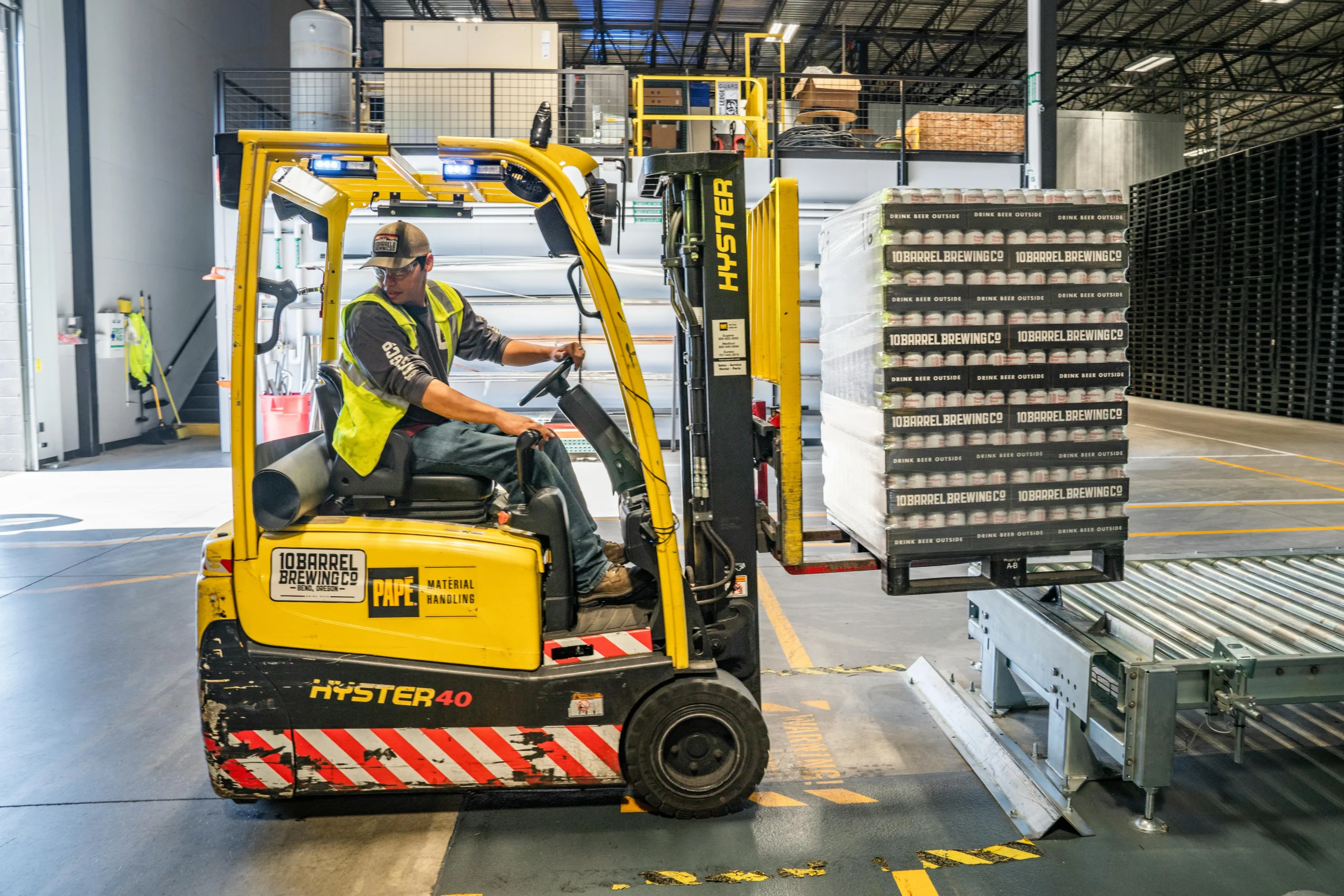Introduction:
International trade has been a critical driver of economic growth for countries around the world. It is the exchange of goods and services between nations, and it has been responsible for creating jobs, boosting the economy, and improving the standard of living for millions of people worldwide. Over the past few decades, the role of technology in facilitating international trade has become increasingly important. Technological advancements have revolutionized the way businesses operate and have made it easier for countries to conduct business with each other. In this article, we will explore the role of technology in facilitating international trade.
Outline:
- Electronic Commerce (E-commerce)
- Online Marketplaces
- Supply Chain Management
- Customs and Border Protection
- Electronic Payment Systems
- Blockchain Technology
- Big Data Analytics
- Conclusion
Electronic Commerce (E-commerce):
E-commerce has become a vital tool in facilitating international trade. It allows businesses to sell products and services online, eliminating geographical barriers and reducing transaction costs. E-commerce has made it possible for small and medium-sized enterprises (SMEs) to participate in global trade by providing them with a platform to showcase their products and services to a global audience. E-commerce platforms such as Amazon, Alibaba, and eBay have made it easier for businesses to connect with customers and suppliers around the world.
Online Marketplaces:
Online marketplaces have become an essential tool in facilitating international trade. They provide a platform for businesses to connect with customers and suppliers around the world. Online marketplaces such as Alibaba, Amazon, and eBay have made it easier for businesses to sell their products and services globally. These platforms have also made it easier for businesses to find suppliers and customers in other countries.
Supply Chain Management:
Supply chain management has become a critical aspect of international trade. The supply chain involves the movement of goods and services from suppliers to customers. Technology has made it possible for businesses to track the movement of goods and services, allowing them to monitor their supply chain’s performance. This has brought about expanded proficiency, diminished costs, and further developed consumer loyalty.
Customs and Border Protection:
Customs and border protection have become more efficient due to technology advancements. The use of electronic data interchange (EDI) has made it possible for businesses to submit customs declarations electronically. This has reduced the time and cost of processing customs declarations. The use of radio-frequency identification (RFID) has made it easier for customs officials to track goods as they move across borders, reducing the risk of smuggling and illegal trade.
Electronic Payment Systems:
Electronic payment systems have become an essential tool in facilitating international trade. The use of electronic payment systems such as PayPal, Skrill, and Stripe has made it easier for businesses to receive and make payments across borders. These payment systems are secure, fast, and cost-effective, making it easier for businesses to conduct international transactions.
Blockchain Technology:
Blockchain innovation can possibly alter how worldwide exchange is led. Blockchain is a decentralized, computerized record that records exchanges between parties. It provides a secure, transparent, and immutable record of transactions, making it easier for businesses to conduct international transactions. The use of blockchain technology can reduce the time and cost of conducting international transactions, reduce fraud and increase transparency.
Big Data Analytics:
Big data analytics has become an essential tool in facilitating international trade. Huge information investigation includes the examination of enormous datasets to distinguish examples and patterns. It provides businesses with insights into market trends, customer behavior, and supply chain performance. These insights can help businesses make informed decisions and improve their operations.
Technology has played a vital role in facilitating international trade. E-commerce, online marketplaces, supply chain management, customs and border protection, electronic payment systems, blockchain technology, and big data analytics have all made it easier for businesses to conduct international transactions. These technological advancements have reduced transaction costs
increased efficiency, and expanded opportunities for businesses of all sizes to participate in the global economy. In addition, technology has enabled greater transparency, security, and accountability in international trade, making it easier for governments to enforce regulations and combat illegal trade.
One of the most significant benefits of technology in international trade is its potential to promote inclusive growth. By reducing transaction costs and increasing efficiency, technology has made it easier for SMEs and businesses in developing countries to participate in global trade. This, in turn, can help to promote economic development and reduce poverty in these countries.
However, it is important to note that technology is not a panacea for all the challenges associated with international trade. There are still significant barriers to entry that prevent some businesses from participating in global trade, such as lack of access to financing, infrastructure, and information. Additionally, the digital divide, or the gap between those who have access to technology and those who do not, remains a significant challenge for many countries.
To fully realize the potential of technology in facilitating international trade, policymakers must work to address these challenges. This may involve investing in infrastructure, providing access to financing, and promoting digital literacy and skills development. Additionally, it may require policymakers to collaborate across borders to develop common standards and regulations for digital trade.
In conclusion,
technology has transformed international trade by reducing barriers to entry, increasing efficiency, and expanding opportunities for businesses of all sizes to participate in the global economy. E-commerce, online marketplaces, supply chain management, customs and border protection, electronic payment systems, blockchain technology, and big data analytics have all made it easier for businesses to conduct international transactions. Furthermore, technology has enabled greater transparency, security, and accountability in international trade, which can help governments enforce regulations and combat illegal trade.
The potential of technology to promote inclusive growth cannot be overlooked. By reducing transaction costs and increasing efficiency, technology has made it easier for SMEs and businesses in developing countries to participate in global trade. This can lead to economic development and poverty reduction, especially in countries with a limited presence in global markets.
However, policymakers must work to address the challenges that prevent some businesses from participating in global trade, such as a lack of access to financing, infrastructure, and information. Additionally, the digital divide remains a significant challenge for many countries, highlighting the need for policymakers to invest in digital literacy and skills development.
In summary, technology has revolutionized international trade, and its importance is only set to grow in the coming years. Policymakers must work to create a conducive environment for technology to thrive by investing in infrastructure, promoting digital literacy, and collaborating across borders to develop common standards and regulations for digital trade. By doing so, we can promote inclusive growth, enhance transparency and accountability, and ensure that the benefits of technology are shared more widely.








